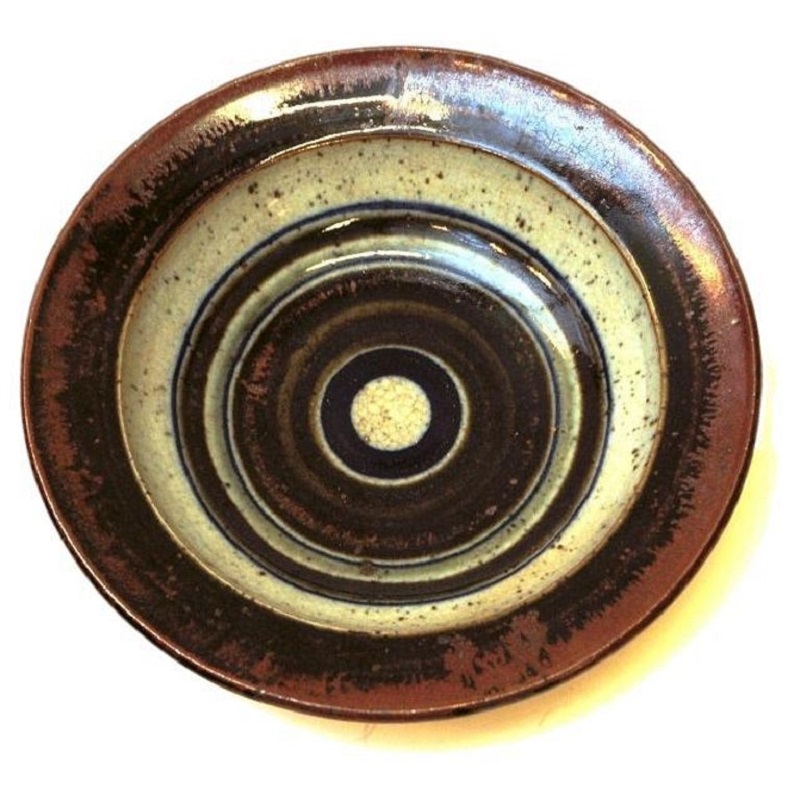About Me
Elevate Your Nursing Studies with Expert Writing
Nursing is a field that requires not only hands-on clinical skills but also strong academic proficiency. As nursing students, you are expected to learn and master a variety of complex topics, from patient care to medical ethics, pharmacology, and public health policies. One of the essential components of succeeding in your nursing studies is being able to write effectively. Academic writing is a skill that helps you communicate your understanding, research, and analyses in a structured, clear, and scholarly way.
Expert writing can make a significant difference in how well you perform in your nursing studies. Whether you're writing essays, research papers, or case studies, mastering writing techniques is crucial for academic success. Writing in nursing is not just about putting words on paper but about conveying complex medical knowledge in a way that is both accurate and easy to understand.
The Importance of Writing in Nursing Studies
Writing is an essential skill in nursing education because it allows you to demonstrate your understanding of the subject matter. Through writing, you can critically analyze case studies, interpret medical research, and present evidence-based solutions to healthcare problems. Writing also enables you to reflect on your experiences and gain a deeper understanding of the topics you study.
Furthermore, as a nurse, you will often be required to document patient care, complete care plans, and write reports. Clear, concise, and accurate writing is vital in these situations, as your documentation could directly impact patient outcomes. Therefore, the writing skills you develop during your studies will also translate into your clinical practice.
Key Components of Effective Nursing Writing
To elevate your nursing studies, it is essential to focus on several key components of writing. These components help ensure that your work is clear, professional, and reflective of your knowledge:
Clarity and Precision: In nursing, being clear and precise in your writing is crucial. When nurs fpx 4000 assessment 2 communicating medical information, ambiguity can lead to confusion or even harm. Use clear language, avoid jargon where possible, and ensure that your arguments and conclusions are easy to follow.
Structure and Organization: An organized structure is fundamental to academic writing. This includes having a strong introduction that presents the topic, followed by well-organized body paragraphs that expand on your arguments, and a conclusion that summarizes the main points. Using headings and subheadings can help structure your work effectively, making it easier for your readers to follow.
Evidence-Based Writing: Nursing is a field rooted in evidence-based practice. When writing academic papers, you must support your arguments and conclusions with research and data. This means properly citing credible sources, such as peer-reviewed journals, clinical guidelines, and authoritative textbooks. The strength of your paper will depend on the quality of the evidence you use to back up your statements.
Critical Thinking and Analysis: Good nursing writing goes beyond simply summarizing information; it requires you to critically analyze the material. This means evaluating different perspectives, questioning assumptions, and applying theoretical knowledge to real-world situations. Your ability to think critically will help you develop stronger arguments and more nuanced insights.
Proper Referencing and Citations: Citing your sources correctly is a fundamental part of academic writing. Using the correct citation style (e.g., APA, MLA, or Chicago) ensures that you give credit to the original authors and avoid plagiarism. Proper referencing also demonstrates your familiarity with scholarly research and helps strengthen the credibility of your work.
Strategies for Improving Your Nursing Writing
To excel in your nursing studies, you need to develop and refine your writing skills. Here are some strategies to help you improve your writing:
Read Extensively: Reading academic articles, textbooks, and other scholarly materials will expose you to a variety of writing styles and vocabulary. By reading regularly, you'll improve your understanding of how to structure your arguments and use appropriate terminology.
Practice Regularly: Writing is a skill that improves with practice. Set aside time each week to write essays, reflections, or case studies. The more you write, the better you will become at expressing your thoughts clearly and concisely.
Seek Feedback: One of the best ways to improve your writing is to get feedback from others. Whether it's from your professors, peers, or writing tutors, constructive criticism can help you identify areas for improvement. Take the time to revise your work based on the feedback you receive.
Use Writing Resources: Many nursing schools offer writing resources, including writing workshops, tutoring services, and online guides. Make use of these resources to enhance your writing skills. Additionally, online grammar checkers and citation tools can help ensure your work is free from errors and formatted correctly.
Outline Before Writing: Before you start writing, create an outline to organize your thoughts. This helps you to structure your paper logically and ensures that you cover all necessary points. A well-thought-out outline will make the writing process more efficient and prevent you from overlooking key elements.
Edit and Revise: Writing is a process that involves multiple drafts. After completing your first draft, take the time to review and revise it. Look for ways to improve clarity, fix grammatical errors, and strengthen your arguments. Editing is an essential step in producing polished, professional work.
The Role of Expert Writing in Nursing Research
Nursing research is a critical area in the field of nursing studies. As a nursing student, you may be tasked with conducting research to address a healthcare problem, evaluate a treatment or intervention, or explore a new area of care. Expert writing plays a significant role in presenting research findings clearly and persuasively.
Research papers in nursing require a particular format and structure. You will need to present your research question, explain the methodology used, analyze the results, and discuss the implications of your findings. Clear, precise writing is essential in each of these sections to ensure that your research is understood and valued by the academic and healthcare communities.
One of the challenges of writing research papers in nursing is synthesizing large amounts of information from various sources. It’s important to be able to distill complex concepts into clear and concise writing while ensuring that you do not oversimplify the data. Expert writing enables you to convey your findings in a manner that is both comprehensive and accessible.
The Link Between Writing and Professionalism in Nursing
As a nurse, you will be required to communicate effectively in a variety of nurs fpx 4045 assessment 4 professional settings. Whether you are writing patient reports, care plans, or academic papers, your writing reflects your professionalism. Strong writing skills demonstrate that you are capable of conveying complex information in a clear, concise, and accurate manner.
In the nursing profession, proper documentation is essential for patient safety and continuity of care. Clear and accurate notes in medical records help ensure that all healthcare team members are on the same page and that the patient receives the best possible care. Effective writing in nursing also plays a key role in communicating with patients and their families, as well as in educating others in the healthcare field.
By developing expert writing skills during your nursing studies, you are preparing yourself to be an effective communicator in both academic and clinical settings. The ability to write well is a sign of professionalism and competence that will serve you throughout your career.
Conclusion
Elevating your nursing studies with expert writing is a vital step in achieving academic success and preparing for your future career in healthcare. Writing is not just about academic requirements; it’s about honing a skill that will help you communicate effectively, both in your studies and in your professional practice. By focusing on clarity, structure, critical thinking, and evidence-based writing, you can improve your writing skills and make a significant impact in the nursing field. To truly excel in your nursing studies, it's important to recognize that writing is an ongoing learning process. Embrace opportunities to practice, seek feedback, and refine your writing techniques. Expert writing not only enhances your academic performance but also helps you become a better communicator and a more effective nurse.
If you need any help, please contact us at – info@designaddict.com









